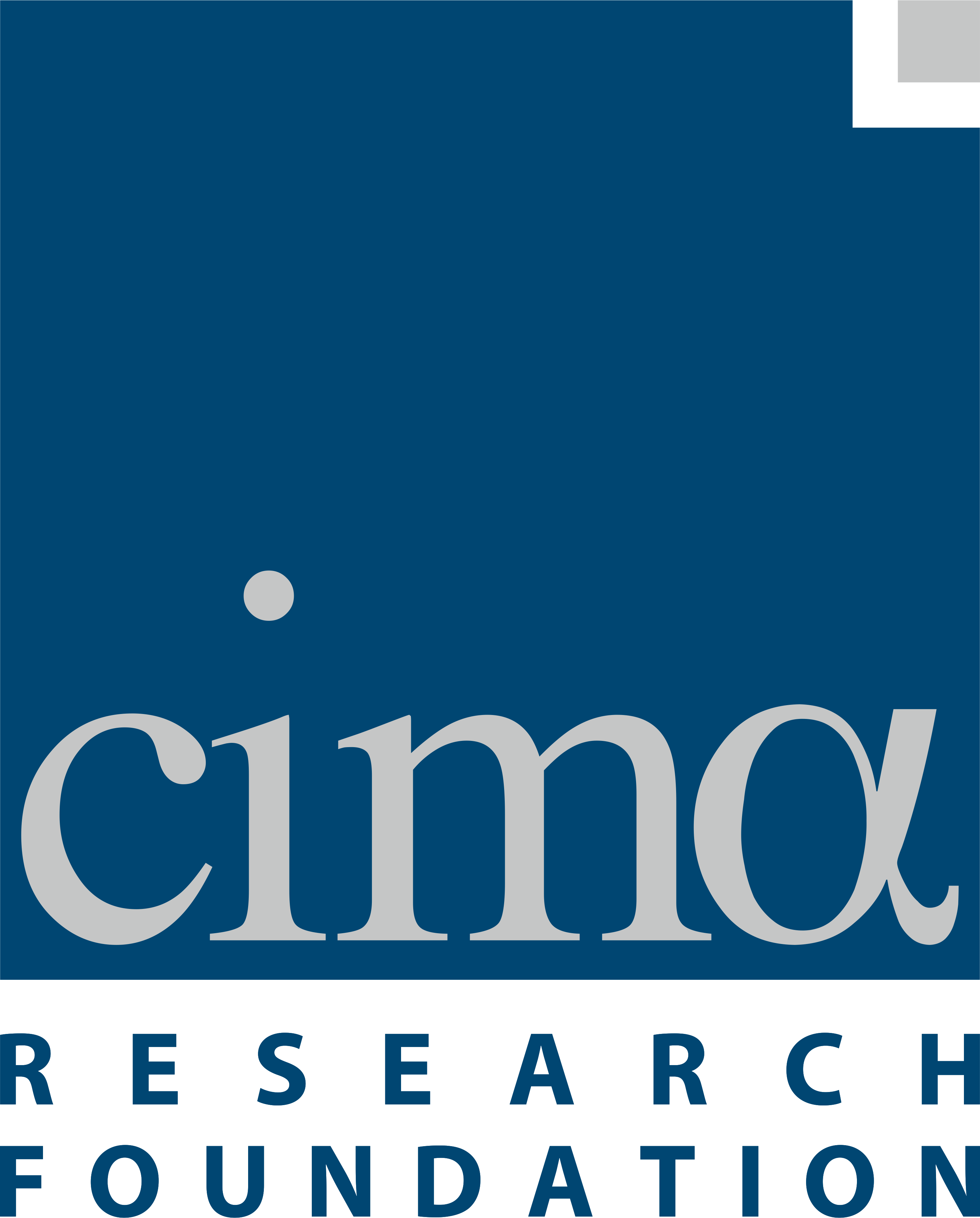CALMet XV 2023
Section outline
-

-
Here you can find all the recording of the Session Supporting the Training for Other Professionals and Public
-
I am a teacher and a doctoral researcher at the University of Buenos Aires, Argentina. Together with my colleagues Leandro, Malena, and Nadia, along with some students studying Atmospheric Science, we've created a workshop and a website to explain complex ideas related to the physical foundations of Climate Change. Our aim is to also investigate potential climate scenarios for the future.
We'll discuss our journey in creating and sharing a climate change workshop, including the workshop's structure and the resources we've employed. Furthermore, we'll provide a webpage that serves as a guide for replicating this workshop across various educational levels. -
Hi, my name is Diego, I represent a small community of teachers in atmospheric sciences and oceanography who have proposed and are carrying out an educational social practice that can be replicated elsewhere.
The University of Buenos Aires (UBA) implemented a course on educational social practices. These are a space outside the classroom where students put into practice the knowledge acquired and exchange knowledge with the community where these activities are articulated. In particular, the Department of Atmospheric Sciences and Oceans, a training centre for meteorologists and oceanographers, designed a practice around extreme hydro-meteorological events such as urban flooding. In this activity we show how this practice is developed and how it can be implemented in some other place or extreme event.
-
Implementation of the Global Framework for Climate Services has demonstrated that there exiist subsatntial discrepances in the availability of competencies necessary for provision of climate services in all WMO Regions, especially in less developed countries, which requires enhancement of large-scale educational programmes for training and advanced training of specialists in the field of climate services.
In Ukraine, despite having an extensive system of national meteorological services, in view of the complex and turbulent political and economic situation, climate services are in the early stages of development. One of the most pressing issues at this stage is training of specialists and bridging a gap between users and climate service providers. -

The International Center for Environmental Monitoring CIMA Research Foundation is an International research organization. It aims to promote the study, scientific research, technological development and advanced training in engineering and environmental sciences for the protection of public health, civil protection and ecosystems.The scientific research realized by CIMA focuses on disaster risk mitigation. Since its beginning, CIMA Research Foundation has been dedicated to hydrometeorological risk mitigation, developing mathematical models to improve the forecasting and prevention of flood phenomena, and wildfire forecasting and prevention. Over the years, its areas of research have expanded to include wildfire forest biodiversity conservation, satellite data analysis, risk assessment and damage data analysis. An important branch is also dedicated to marine ecosystems and to the development of civil protection plans through participatory approach with the population. A line of research is also dedicated to regulatory review activities (including complex national and foreign institutional architectures), legal compliance, legal risk analysis in risk management and forensic investigation. The Foundation's activities are not limited to research. Our technicians and researchers contribute to the dissemination of knowledge through training, and to technological development.
-
Taking responsibility as a meterologist in one of the prone areas of geo-hydrometeorology In Indonesia challenged us to build risk communication among all parties (public, media, stakeholders, policymakers, NGOs, and more). This is the helicopter view of the provincial-level Impact-based forecast implementation journey over West Java from 2021-recent. Furthermore, The Early Warning for All initiatives has 4 pillars that are connected by development and communication chains, it may be one of a global concept that is adaptable to scaling down at both provincial and even regional levels.
-
One of the first activities developed under the recently created Expert Team on Marine Meteorology and Oceanography (ET.MMO) from the World Meteorological Organization (WMO) and its Regional Association for South America (RA.III) and the Caribe (RA.IV), was an on line International Workshop for Experience Exchange about the Implementation of the Port Meteorological Officers (PMO) and the Voluntary Observations Ship (VOS), within national practices and the adoption of International Maritime Organization (IMO) regulations for completion the Audit for Members States (IMSAS). The activity were conducted in spanish by the Chile Navy Weather Service (SERVIMET), with the support of the Regional Formation Training Center (CFRT) from National Meteorological and Hydrological Service of Peru (SENAMHI), in two hours weekly sessions, with zoom platform and practical reviews of the materials generated by the Ship Observations Team (SOT), Global Ocean Observation System (GOOS), Convention for Safety of Life at Sea (SOLAS) and the WMO Guidelines for Marine Services. The goal was to familiarize other marine weather services with the PMO's duties (includes courtesy visits, instrument checking and weather reports training) and to activate the VOS recruitment at national levels, by choosing the better candidates from the scientific research vessels, navy and merchant marine, antarctic logistics, fisheries and yachts.
-
The improvement of the Meteorological Department at Kosovo Air Navigation Services Provider, with new MET systems and its impact in operational use and process of the implementation.
